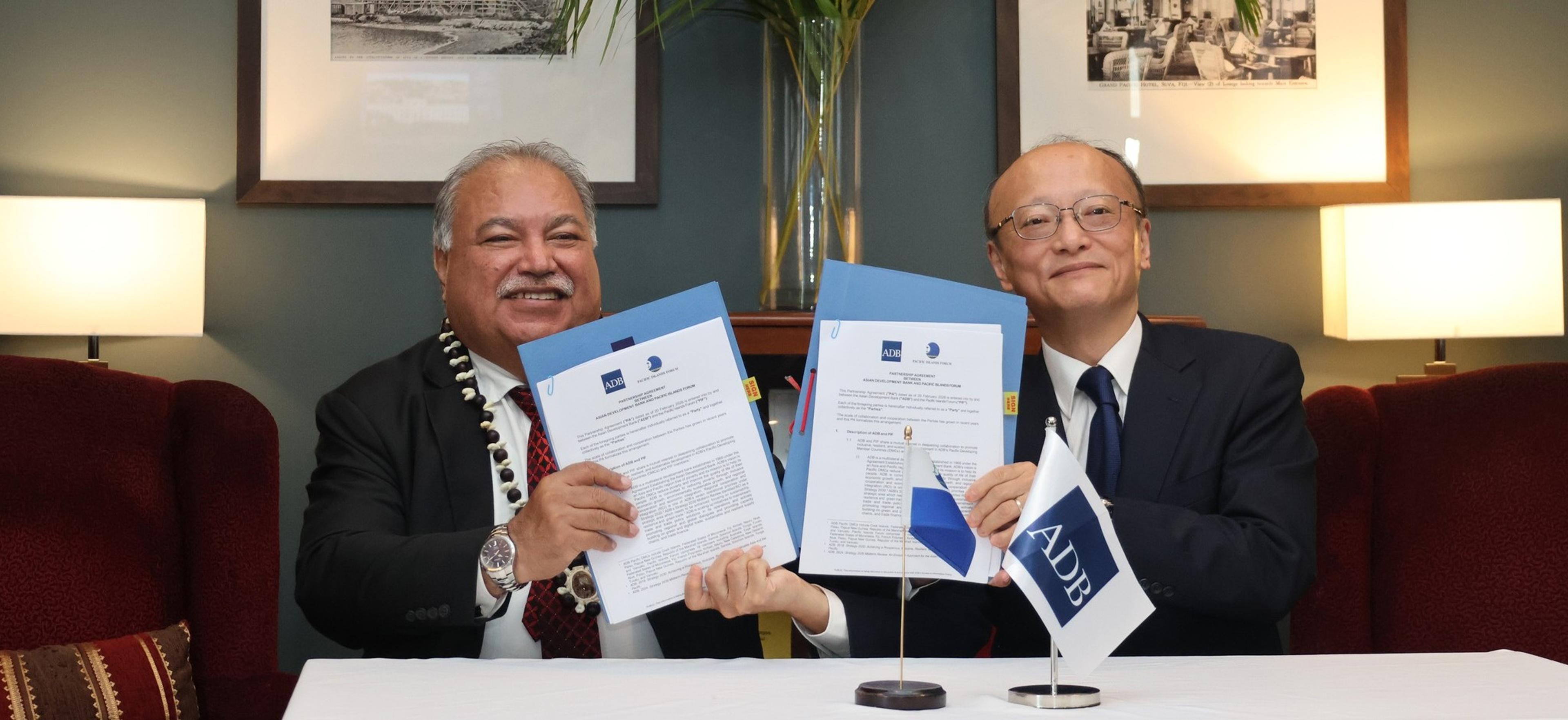
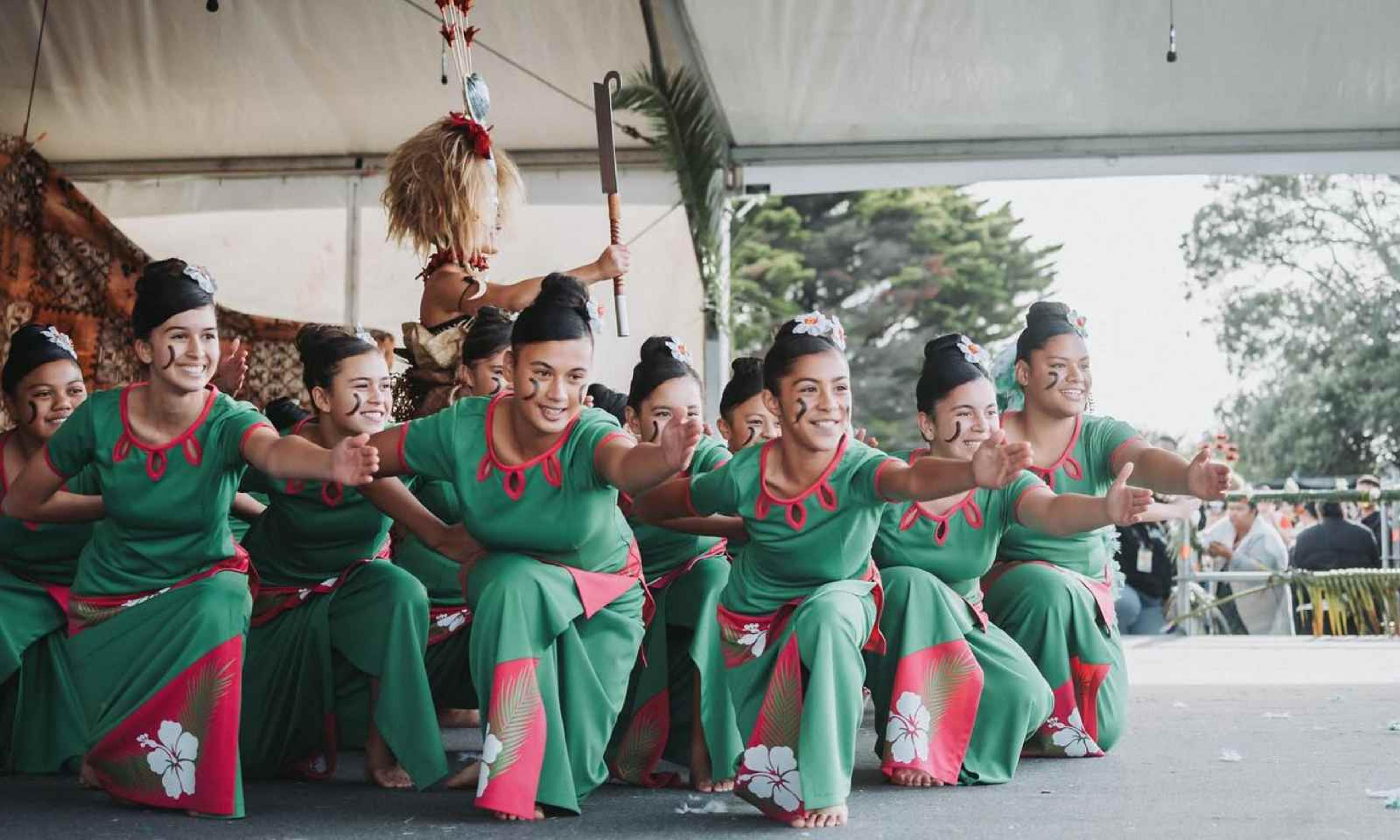
Hundreds of high schoolers performed at the 49th ASB Polyfest to thousands of people who gathered at the Manukau Sports Bowl last week.
Photo/Supplied
Polyfest 2024: Another successful event reinforces importance of ongoing investment
Celebrations brought the heat, rain, politicians and pioneer performers to the South Auckland festival with sights set now on what’s next.



Time for an Indigenous State of Origin? The All Stars game shows who really powers the NRL




Asian Development Bank expands Pacific footprint with Suva hub and new PIF agreement

Time for an Indigenous State of Origin? The All Stars game shows who really powers the NRL


If you were in Tāmaki Makaurau last week you would have heard the chants, cheers, and cheehoos echoing across the isthmus from the Manukau Sports Bowl in Ōtara.
And along with the sounds, aromas of Pacific delicacies from the many stalls wafted through the air as thousands of people entered the gates of the largest secondary school cultural festival.
Hundreds of students have been been preparing for months for this event, saying their final prayers before pouring their heart and souls across the six different stages at ASB Polyfest 2024.
And whether you’re a fanatic or a newbie, you couldn’t help being uplifted by the electric energy pulsating throughout the grounds.
Organiser Seiuli Terri Leo-Mau’u says the festival’s success can be seen by how many students "turn up every year”.
She says Polyfest paves a path for people to connect with their cultural backgrounds and is of doubtless value to Auckland’s Pacific and Māori communities.
“How important Polyfest is to our young people isn’t a question to them because they turn up. We bring people together, we promote leadership, tuakana/teina, teu le vā relationships.
“We encourage intergenerational teaching with young people and old people sharing their knowledge of both the culture and language in a technological era.”
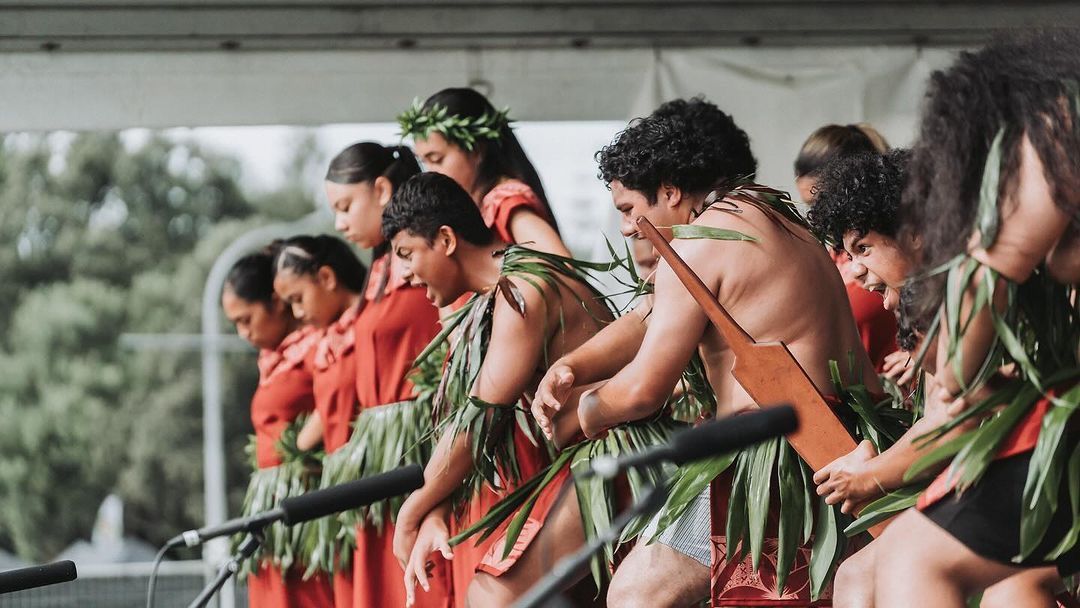
Building up to the 50th celebration next year, this year carried the theme Me anga whakamuri kia koke whakamua, Looking to our past to determine our future.
And among the attendees was former Minister for Pacific Peoples Aupito William Sio who’s presence represented the pioneering Polyfest generation of 1975, back when it was called the Māori & Pacific Islands Cultural Festival.
Aupito says the growth of the event is a testament to the contribution Pacific families have made to Auckland’s Polyfest over the past five decades.
“We call ourselves ‘the first generation Polyfest’. You gotta give credit to Hillary College because it was there that this whole idea was born.
“It was really about learning your culture, your heritage and holding fast to your language. That’s what it’s about.”
Aupito hopes after fifty years of celebrating Pacific indigeneity, young people will be steadfast in sustaining their languages.
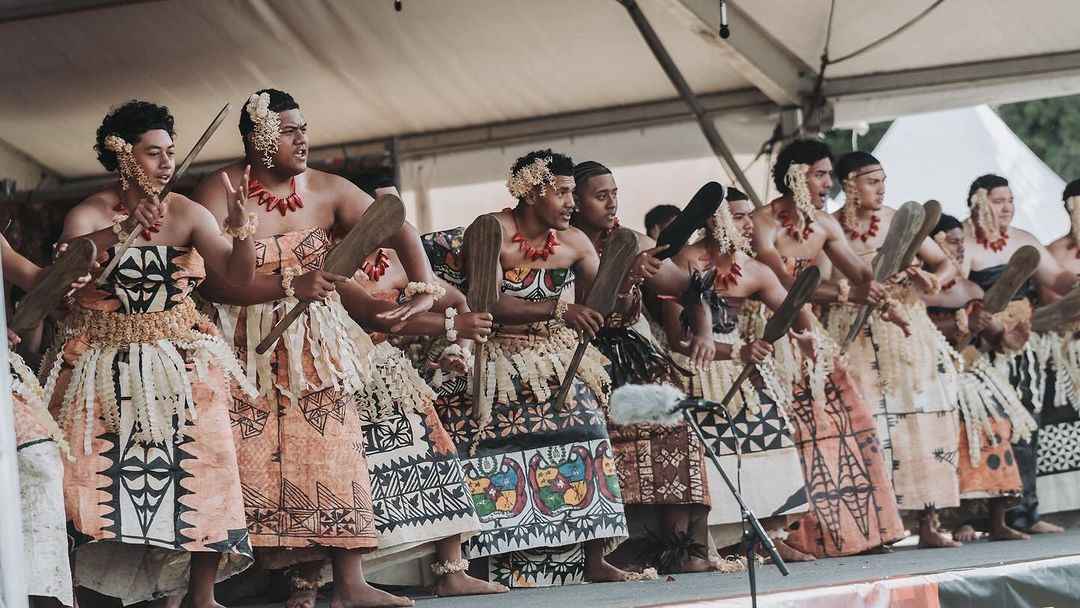
Now that this year is all said and done, and the aftermath of victory sets in for the champions, questions are rising about what the future of Polyfest could be.
With twelve Fijian groups gracing the diversity stage, could it be time to dedicate a stage or a day to the Melanesian Island?
Would it be possible for all performing students to receive NCEA credits? Some experts says that regardless of them taking Dance as a subject in school, students could be accredited for elements such as the speech competition or even in physical education.
But the answers can only come if more funding is invested into the festival's future.
Deputy Prime Minister Vaovasamanaia Winston Peters and Minister of Pacific Peoples Dr Shane Reti were also there and both committed to supporting Polyfest beyond the coalition government’s tenure.
RNZ reports Dr Reti announced a funding boost of $60,000 will be given next year in celebration of the festival’s 50th jubilee, and then an additional $60,000 five years later in 2030.
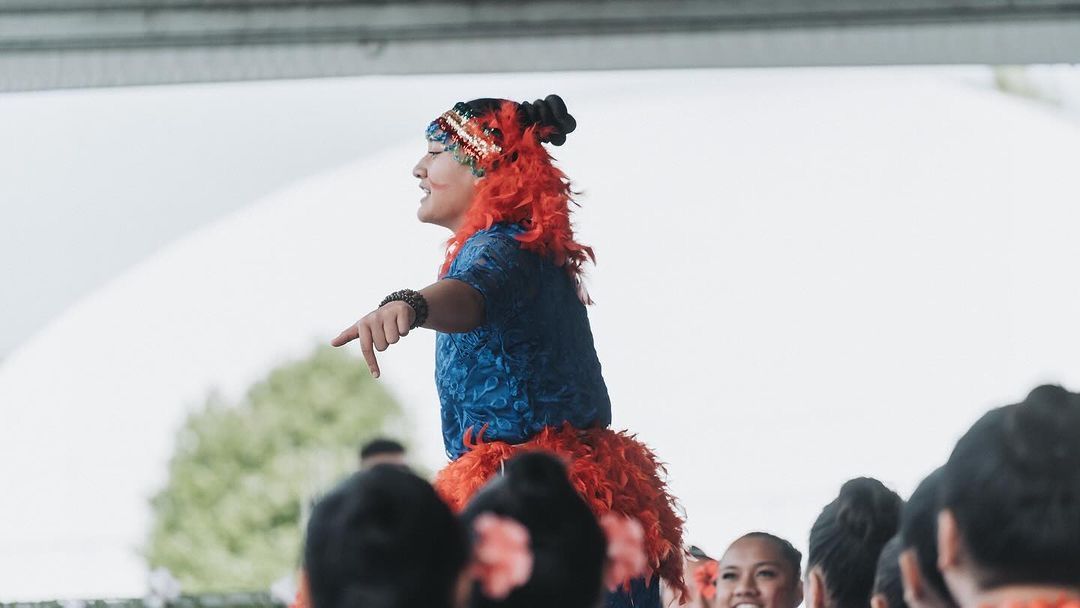
And although Seiuli is grateful for the financial commitment, she says Polyfest shouldn’t have to prove its worth every year and neither should the students, teachers, schools, and communities.
“To our Polyfest family it is important especially now to have a voice and to have your say in things that are strategically going to impact life going forward.
“But I have to be brutally honest, it was the hardest year that we’ve had to try and get funding for this year’s festival."
Seiuli is calling on the government to lock-in continued support for the event, which would recognise the value and impact Polyfest has on Pacific and Māori young people.
“(They) need to know who they are, to become better citizens, better leaders for tomorrow today. They need access to necessary platforms like ASB Polyfest to safely express themselves. So please remember to protect their cultural wellbeing. It’s part of who they are and will help them to strive and survive.”
“We’re here because we want to celebrate culture, we’re doing things to build up communities. So come help us build this community and go forward together.”
As for the 50th ASB Polyfest, Seiuli says to expect an All Stars vibe with Polyfest pioneers returning to the stage.
PMN News streamed multiple interviews covering Polyfest from the 21 - 22 March. Check them out here or on our Instagram page.